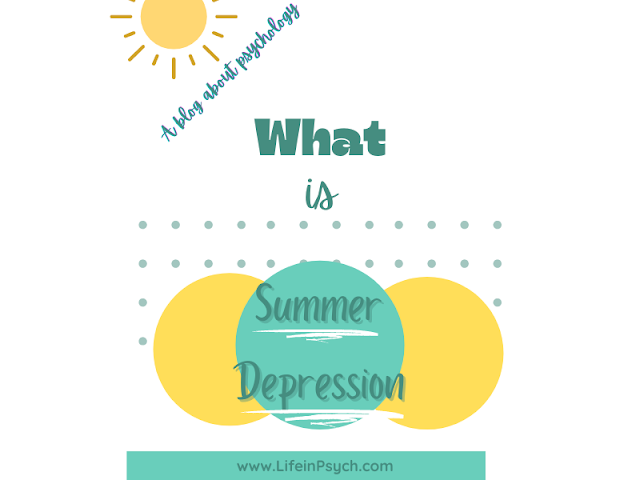So what are the symptoms of seasonal depression?
Seasonal Depression Description
For one to be considered for seasonal depression, they must also have symptoms of major depressive disorder (MDD). Here is a summary of the symptoms of MDD [more detailed description is in the Diagnostic Statistical Manual (DSM-5)]:
- Five, or more, of the following symptoms should be present during the same 2-week period. At least one of the symptoms is either depressed mood or loss of interest.
- Depressed mood
- Diminished interest or pleasure in activities
- Weight loss or weight gain and/or decrease or increase in appetite
- Insomnia or hypersomnia
- Psychomotor agitation (feeling slowed down)
- Fatigue
- Feelings of worthlessness or excessive inappropriate guilt
- Diminished ability to think or concentrate
- Recurrent thought of death, recurrent suicidal ideation without a specific plan, or a suicide attempt or a specific plan for committing suicide
- There has been a regular temporal relationship between the onset of major depressive episodes in major depressive disorder and a particular time of the year (ex. summer or fall). Do not include cases in which there is an obvious effect of seasonally related psychosocial stressors (ex. regularly being unemployed every summer).
- Full remissions occur at a characteristic time of the year (ex. depression disappears in the spring)
- In the last 2 years, two major depressive episodes have occurred that demonstrate the temporal seasonal relationships defined above and no nonseasonal major depressive episodes have occurred during that same period.
- Seasonal major depressive episodes substantially outnumber the nonseasonal major depressive episodes that may have occurred over the individual's lifetime.
An important note to make is that seasonal depression does not include outside stressors that correlate with that season. For example, if students become depressed during the summer because they cannot go to school, this would not meet the seasonal depressive disorder criteria. Summer depression does occur in many individuals. It is important to consider ways to treat this depression.
Conclusion
I am not a licensed therapist (still just a graduate student at the moment), so I am not one to diagnose anyone with depression; however, if you think that you may seasonal depression I suggest talking to a therapist to discuss the best plan for you.
For more information about the criteria for these disorders, I suggest reading more in the DSM-5. Here is a link to purchase the book if you are interested:
Comment below any questions you have about summer depression!
I know that you are going to do great things!






0 Comments